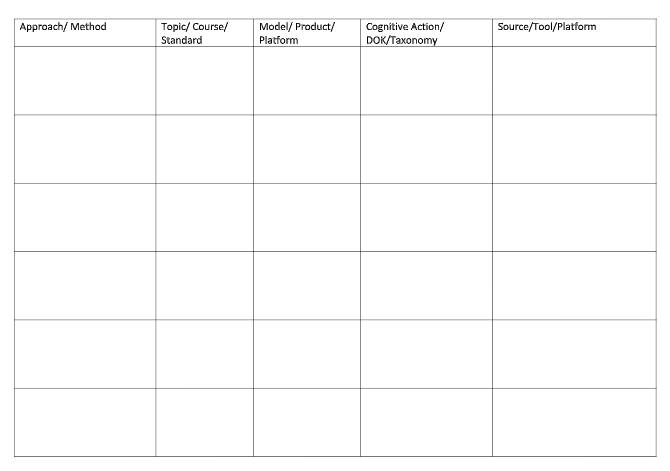


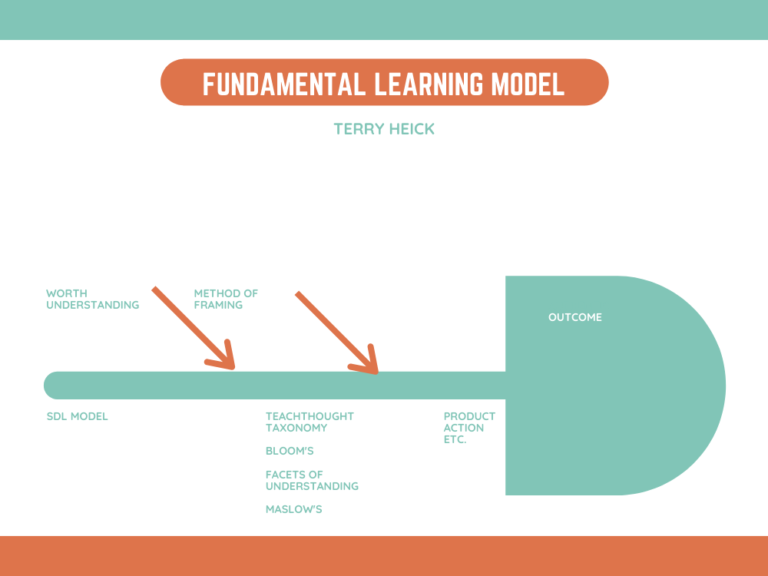
Choose Topic Worth Knowing Choose Method Of Framing Choose Specific Outcome
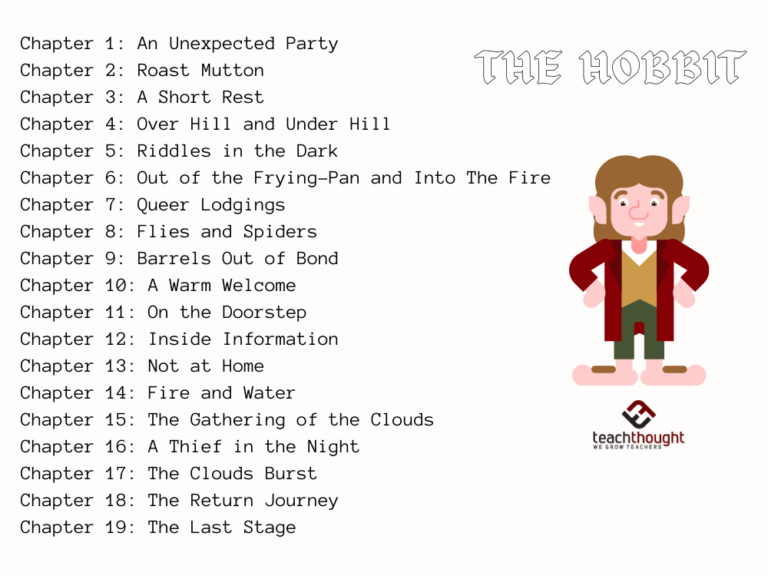
The Hobbit is about Bilbo’s maturation from a ‘do-nothing’ to a courageous adventurer who risks everything for the benefit of others.
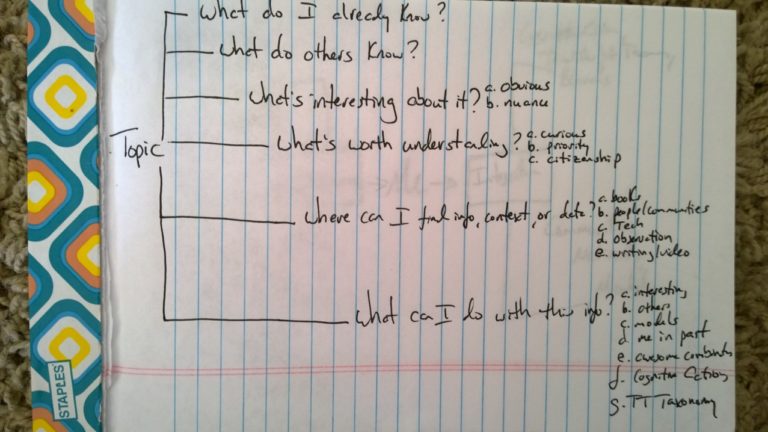
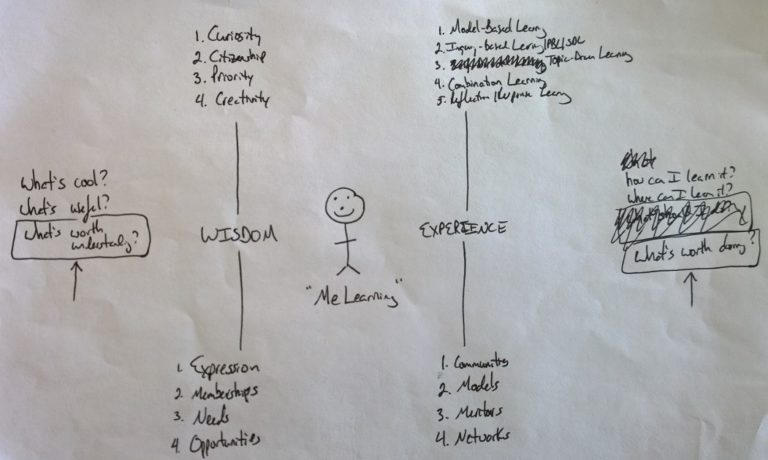
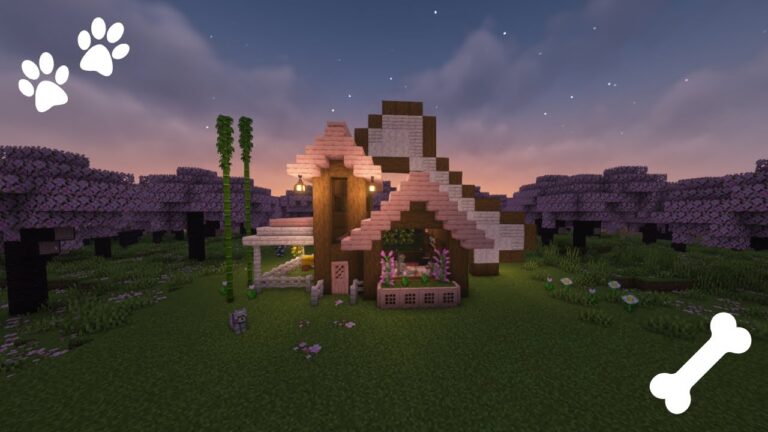
Survival Mode: Building structures Building farms or making buildings for a past event. Or making/building a mine to show cognitive and structural abilities. Also it could represent historical appearances and abilities. Creative Mode: Be creative! Build anything! that’s why it is called creative! Directed Building: Look at Youtube videos or ask your friends and family….